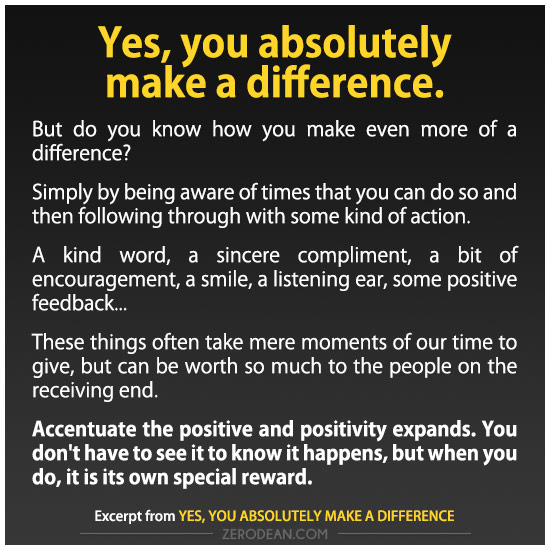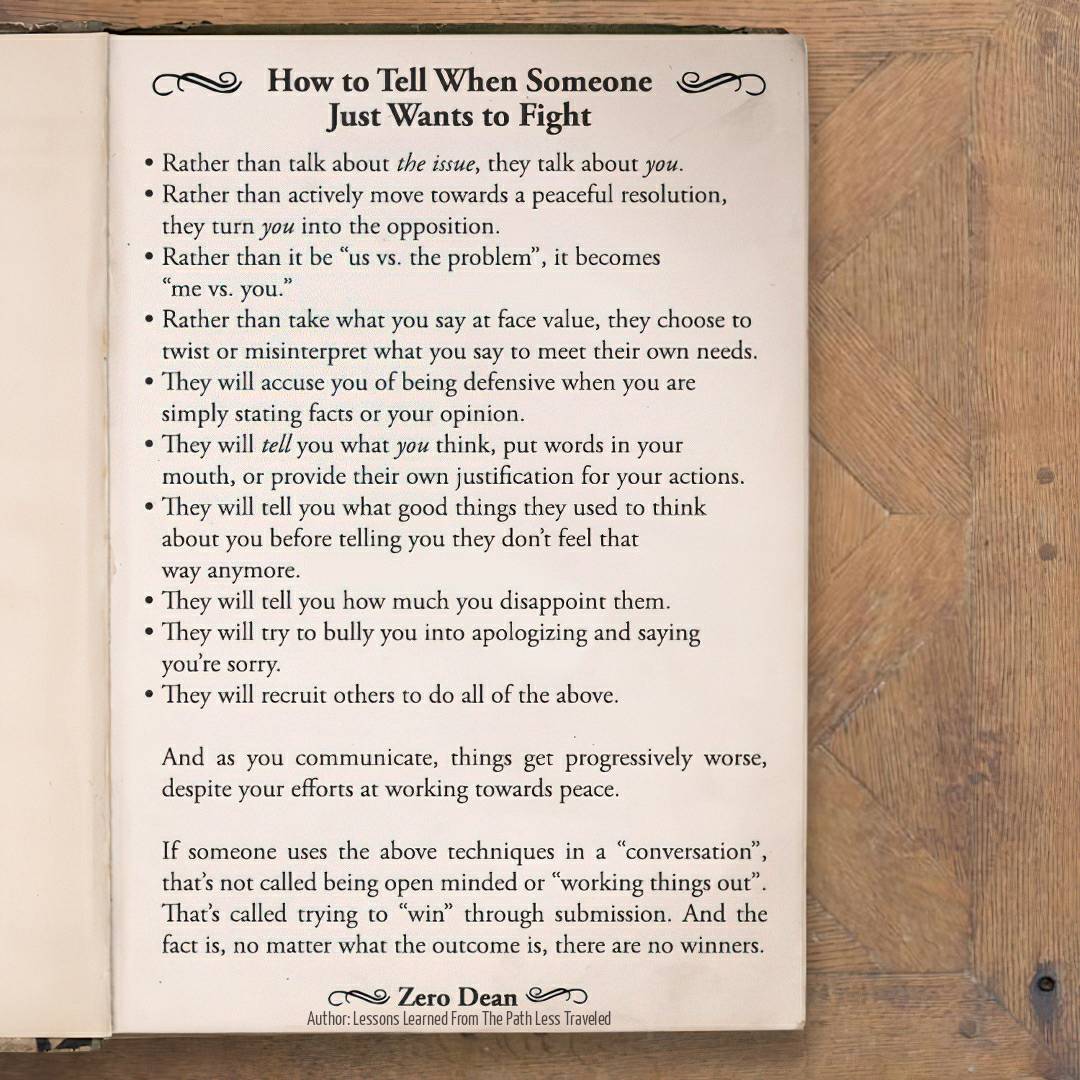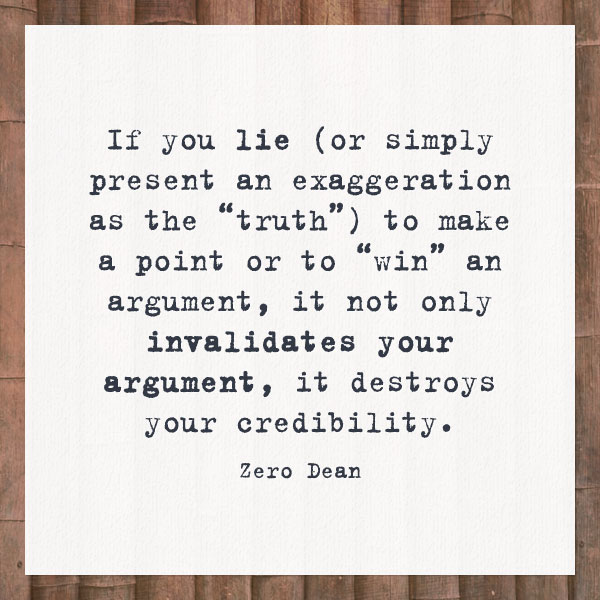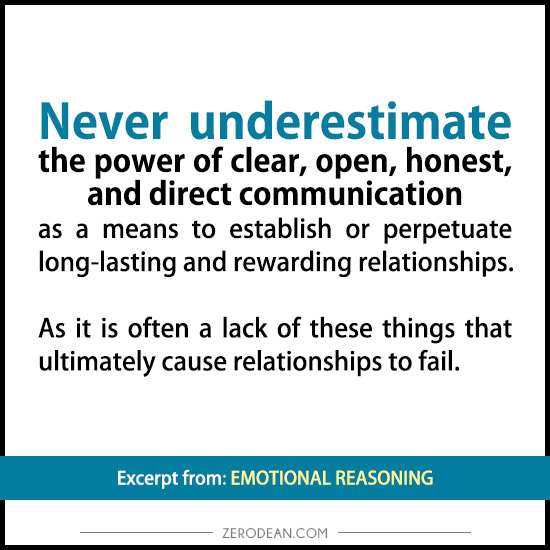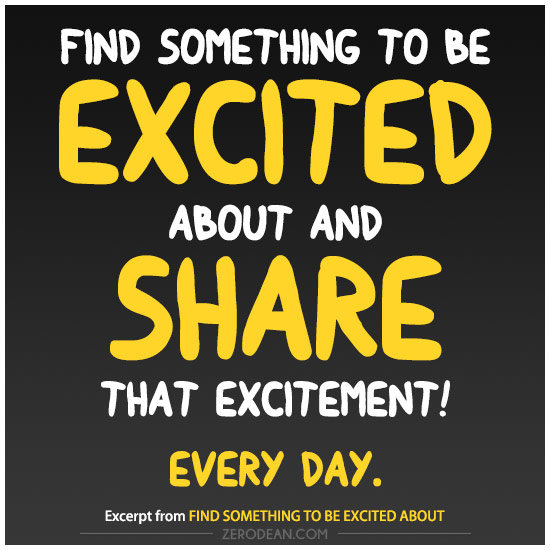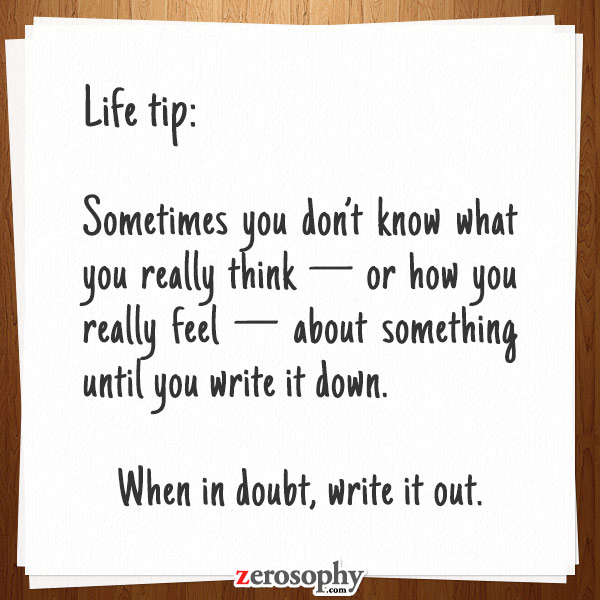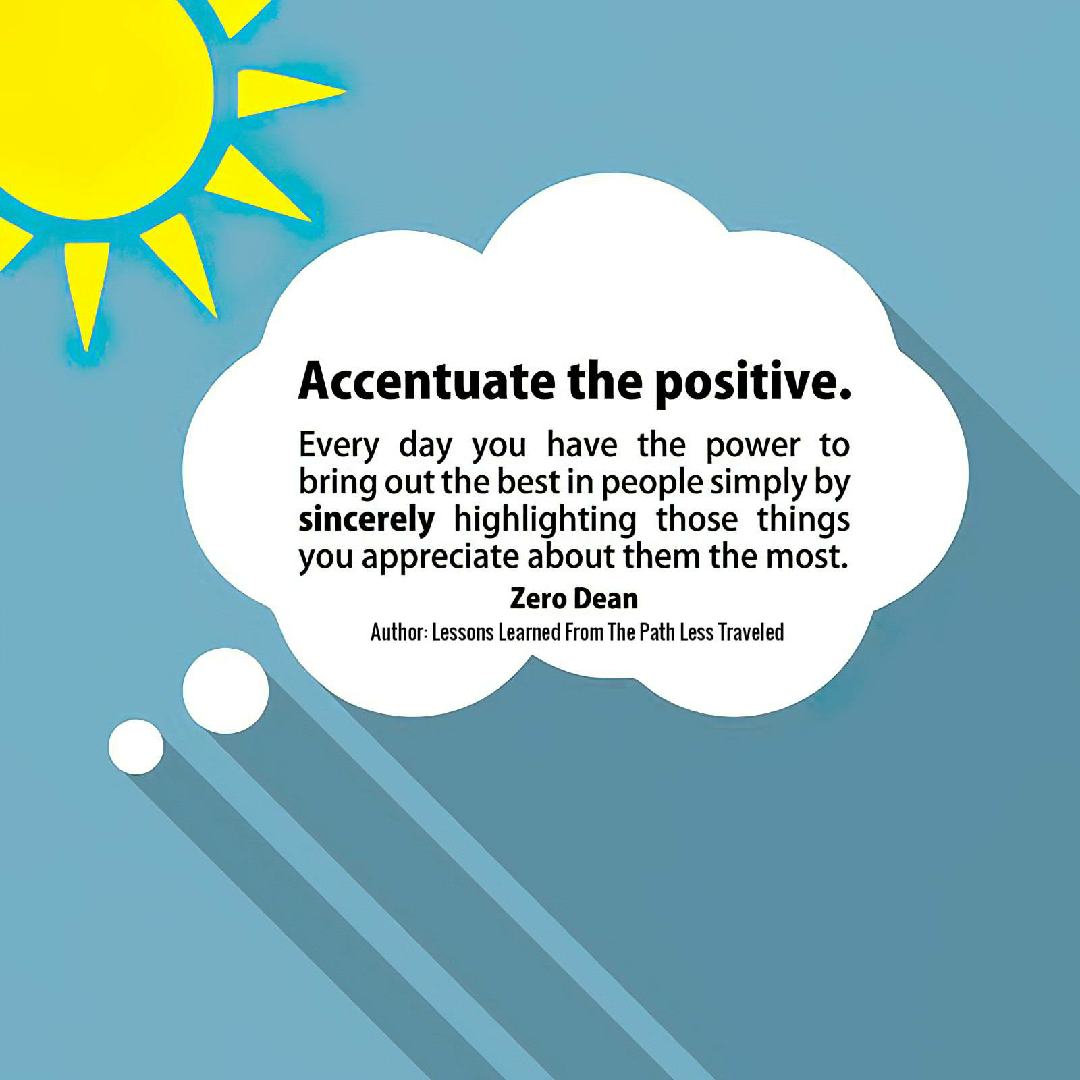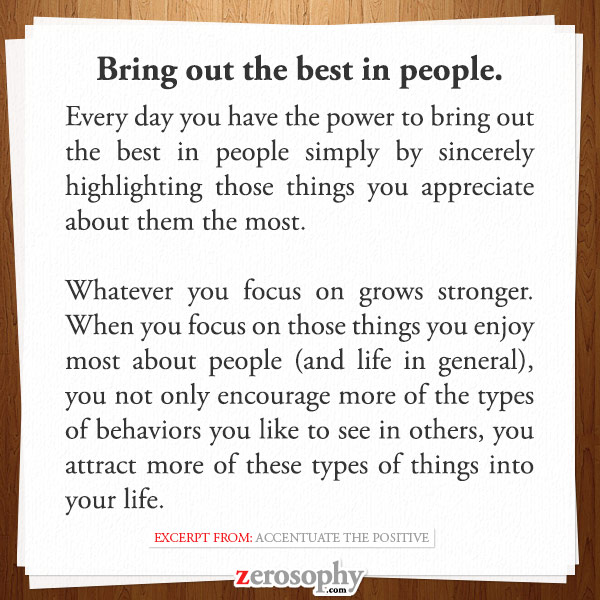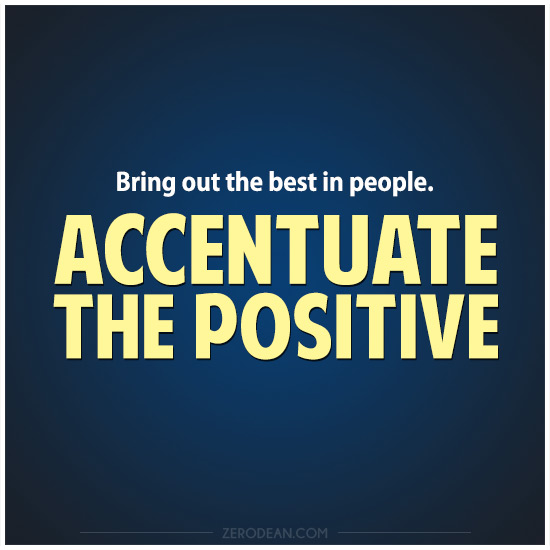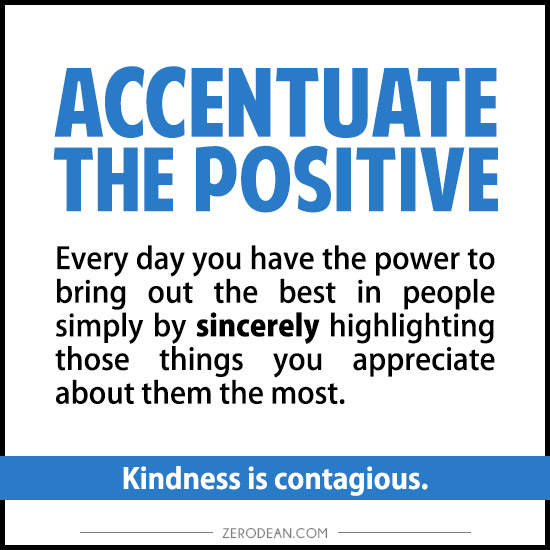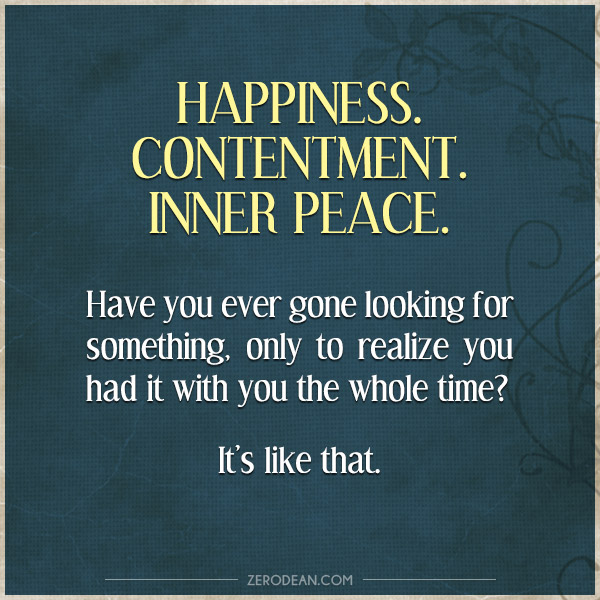“I just tell it like it is.”
Well, technically, as no two people perceive or experience things in an identical fashion, you tell it like you interpret it.
Perception may be reality — and there may be a great deal of agreement on shared experiences — but every one of our realities is unique.
What one person considers “normal”, another may consider “alarming” or “extraordinary” depending on personal experience, beliefs, education, age, race, gender, sexual orientation, health, fitness level, energy level, timing, intelligence, and, above all, interpretation.
Because we are prone to making mistakes in judgement, what we consider to be “true” based on our senses alone is not a guarantee of accuracy.
This can have a dramatic affect on our lives by allowing us to live according to false and self-limiting beliefs.
As Alfred Korzybski said, “The map is not the territory.”
So no, you don’t tell it like it is. You tell it like you interpret it. Sometimes you’re accurate. And sometimes you’re not.
“Experience is not what happens to you – it’s how you interpret what happens to you.” — Aldous Huxley
–
“Your assumptions are your windows on the world. Scrub them off every once in a while, or the light won’t come in.” — Isaac Asimov
An open-mind is a healthy mind.
“Korzybski’s dictum “the map is not the territory” … is used to signify that individual people in fact do not in general have access to absolute knowledge of reality, but in fact only have access to a set of beliefs they have built up over time, about reality. So it is considered important to be aware that people’s beliefs about reality and their awareness of things (the “map”) are not reality itself or everything they could be aware of (“the territory”).” (Wikipedia)
Related:


